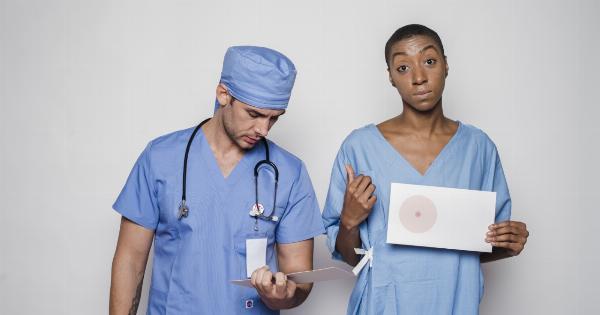Breast cancer is commonly considered a disease that affects only women, but men can develop breast cancer as well.
In fact, although male breast cancer is rare, an estimated 2,650 men in the United States will be diagnosed with it in 2021, according to the American Cancer Society. This article explores the risk factors associated with male breast cancer.
Age
Male breast cancer is more common in older men. The risk of developing male breast cancer increases with age, with most cases occurring in men aged 60 to 70 years old.
Family History
Men with a family history of breast cancer are at increased risk of developing the illness.
Men who have a first-degree relative, such as a mother or sister, who has been diagnosed with breast cancer have a higher risk of developing male breast cancer themselves.
BRCA Mutations
BRCA1 and BRCA2 are genes that help regulate cell growth and prevent cancer development. Mutations in these genes are known to increase the risk of breast and ovarian cancers in women and can also increase the risk of breast cancer in men.
Men with a BRCA1 or BRCA2 mutation have a significantly increased risk of developing male breast cancer.
Exposure to Estrogen
Estrogen is a hormone that is commonly associated with women, but men also produce estrogen.
Men with conditions that increase their exposure to estrogen, such as Klinefelter syndrome or cirrhosis of the liver, are at increased risk of developing male breast cancer.
Hormone Treatments
Men who have undergone hormone treatments, such as those used to treat prostate cancer, are at increased risk of developing male breast cancer.
Obesity
Obesity is a risk factor for many types of cancer, including male breast cancer. Men who are overweight or obese have a higher risk of developing male breast cancer than men who are at a healthy weight.
Liver Disease
Liver disease, such as cirrhosis, is a risk factor for male breast cancer. This may be due to increased levels of estrogen in the body as a result of liver dysfunction.
Radiation Exposure
Exposure to radiation, particularly to the chest area, is a known risk factor for male breast cancer. Radiation treatments used to treat other types of cancer, such as Hodgkin’s lymphoma, can increase the risk of developing male breast cancer.
Alcohol Consumption
There is some evidence to suggest that heavy alcohol consumption may increase the risk of male breast cancer.
Men who consume more than two alcoholic drinks per day have a higher risk of developing male breast cancer than men who drink less or not at all.
Smoking
Studies have shown mixed results on the link between smoking and male breast cancer. However, some research suggests that smoking may increase the risk of developing male breast cancer.






























